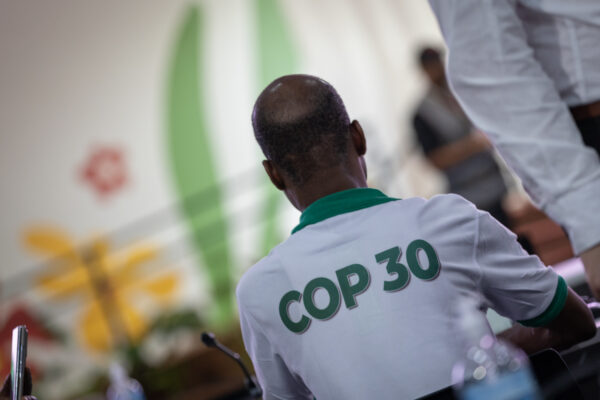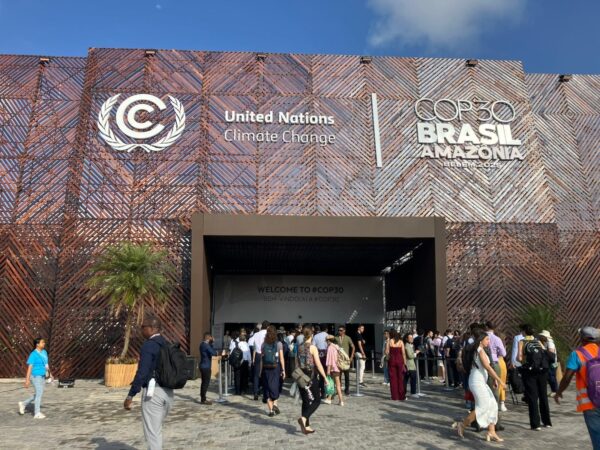Australia won’t meet its Paris Agreement targets despite what recent research claims
Share

A briefing note published by the ANU on its website introducing the workshop “Australia: The renewable energy superstar claims that the rate of growth of renewable energy supply sources in the power sector will lead to Australia meeting its Paris Agreement targets by 2024, five years early.
This indeed would be very good news, but it turns out to be incorrect, due to oversights in the ANU briefing note, and contradicts all previous assessments of Australian government policy in relation to meeting the Paris Agreement goals.
To achieve a 26% reduction below 2005 levels in national emissions – the lower end of Australia’s Paris Agreement target – would require about a 75% penetration of renewables in the power sector by 2024, whereas the ANU scenario projects 50%. There is no way that a 26-28% reduction in national emissions can be achieved by 2030 with only 50% of the power sector renewable. The main explanation for the anomalous finding that the Paris Agreement can be met with present renewable trends five years early is what appears to be a substantial underestimation of the 70% of national emissions outside of the power sector.
The ANU briefing paper inadvertently creates the impression that continuation of recent rate of renewable energy deployment all this would happen by itself. The present large and increasing rollout in the utility sector is driven by the renewable energy target. Given that that expires in 2020, that specific economic incentive will disappear.
While the low cost of new renewable supply is also a clear a driver, market barriers are already in evidence, along with grid connection issues that require active intervention. There is no doubt that Australia could reach close to 100% renewables by 2030 in the power sector, but it will require significant intervention to get there.
Opinion editorial
Australia won’t meet the Paris targets despite what recent research claims, Bill Hare, The Guardian, 12 February 2018
There’s no way we’ll achieve the targets five years early without major policy changes, which are unlikely under the current government – CEO of Climate Analytics, Bill Hare











